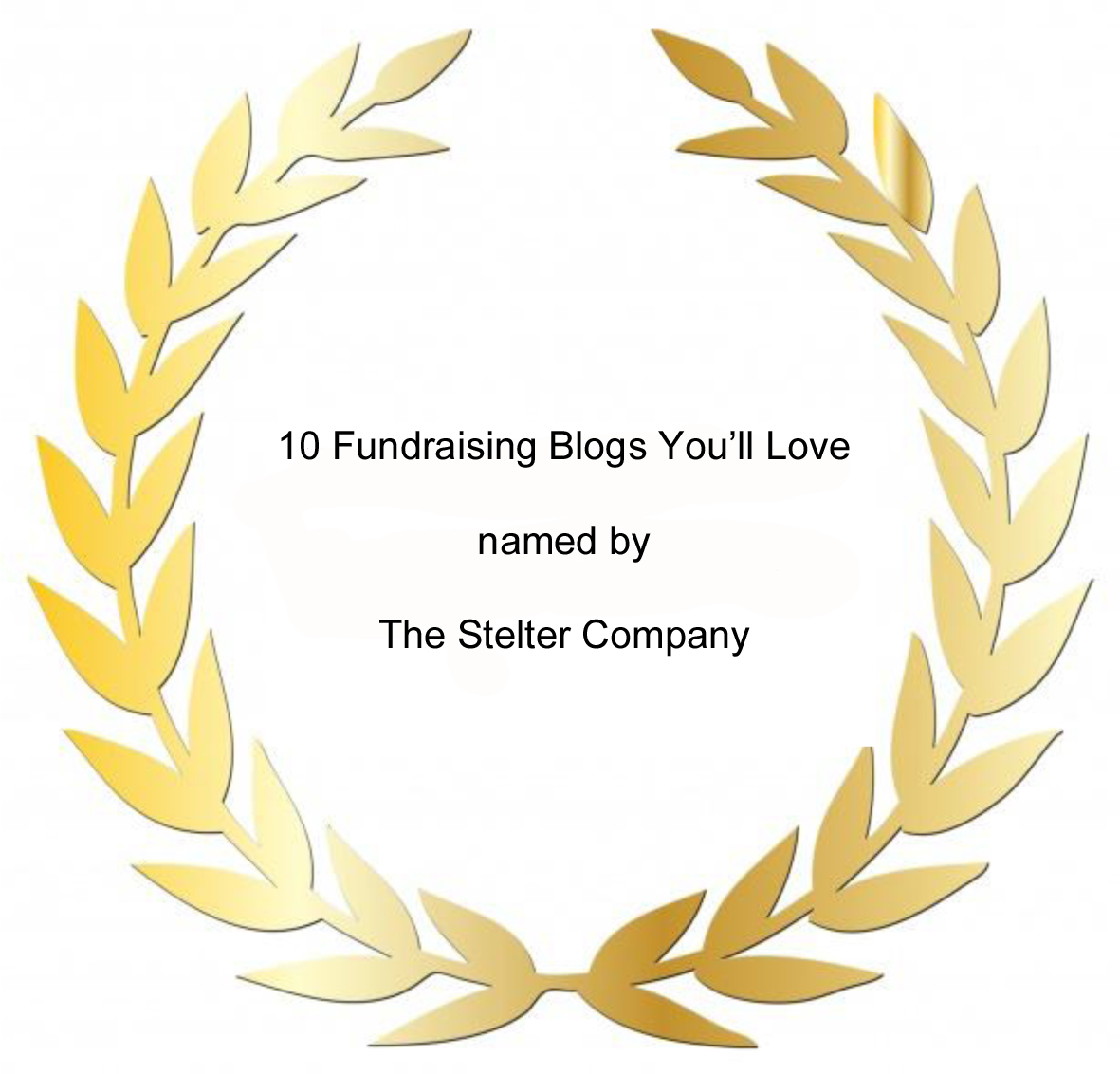This post has nothing to do with politics or judicial philosophy. Instead, I want to share an important story I heard during the US Senate hearings for Amy Coney Barrett. The hearings ultimately led to her confirmation as Associate Justice to the US Supreme Court with the support of a majority of Americans. That story can help you ensure the happiness of your donors, which could result in better retention and upgraded support.

Amy Coney Barrett being sworn in before the US Senate Judiciary Committee.
Laura Wolk, a former student of Barrett’s at the University of Notre Dame, testified during the final day of the Senate Judiciary Committee hearings. Wolk, who is blind, said that she uses adaptive technology and alerted the law school of her needs in advance of her attendance. Unfortunately, the University did not provide the needed accommodations, and Wolk’s own computer was failing. As she struggled to keep up, she grew increasingly frustrated. Not knowing where to turn, she approached Barrett, one of her professors, to ask for assistance navigating the University’s system.
A retinal disease in her infancy caused Wolk’s blindness. By the time she went to law school, she was certainly accustomed to having to be her own advocate. She didn’t expect much from Barrett, but any help would ease her burden. Wolk described Barrett during their meeting:
She sat silently, listening with deep attention as I explained my situation. She exuded calm and compassion, giving me the freedom to let down my guard and come apart.”
Wolk shared what happened when she finished explaining her situation:
‘Laura’, she said, ‘this is no longer your problem. It’s my problem.’” (3:00 minute mark)
Wolk said she expected to be directed to bureaucratic channels. Instead, Barrett made her feel comfortable to share all of her challenges and, then, she solved the problems. Wolk went on to graduate law school, clerked for Associate Justice Clarence Thomas, and now has a successful practice.
So, what does this story have to do with fundraising? Plenty!
If a donor comes to you with a question or problem, resist thinking of it as an interruption to your day. Instead, of passing them off to someone else or quickly brushing them aside, take the time to really listen. Don’t offer an automatic, institutional response. As an alternative, offer a warm, compassionate response. If it’s within your power, take on the donor’s issue as your own.
What might this look like?
Imagine you’re at your desk working on the final touches of your fundraising report to the board as your deadline draws near. Your phone rings. You answer, and are greeted by a donor. The donor wants to know how to make a gift of appreciated stock to your organization before the end of the year. Here are some courses of action you could take:
- You can put the donor on hold and transfer her to your assistant.
- You can direct the donor to your organization’s website where the instructions exist.
- You can thank the donor, commiserate about the somewhat complex process, explain the process to the donor and, then, offer to email a summary of the instructions to the donor, perhaps with a link to the appropriate web page as well.
While Option 1 would let you get back to your board report more quickly, which option would make the donor feel most loved? I believe the best course of action is Option 3.
If your donor feels you truly care about him, he will be more likely to care about your organization. He’ll be more likely to renew and upgrade support. Yes, loving your donors takes more time and effort, but it will yield powerful results.
What should you do?
When someone approaches you with a question, challenge, or problem, follow these five steps:
- Take the necessary time.
- Listen attentively.
- Respond with gratitude and compassion. In other words, be human.
- Assume ownership of the situation.
- Promptly resolve the issue.
By the way, those steps will work regardless of who approaches you (e.g., donors, volunteers, staff, board members, etc.). When we’re working, we tend to think of ourselves as professionals. That’s appropriate…to a point. Even when working, we need to remain human. That’s what Barrett knows. It’s what she did in her interaction with Wolk. It’s one reason Wolk was willing to testify on Barrett’s behalf. You can earn that passionate support as well.
As donors continue to feel isolated during the coronavirus pandemic, what are the things you are doing to show your organization’s supporters love, especially during the Thanksgiving season?
That’s what Michael Rosen says… What do you say?








